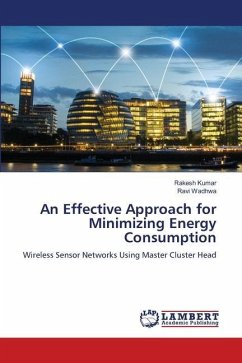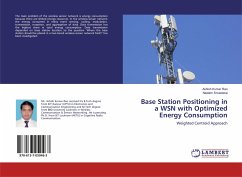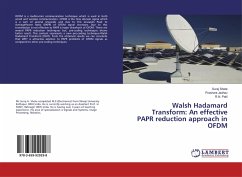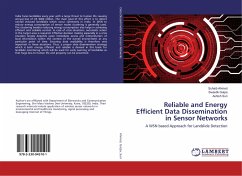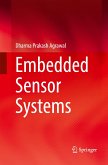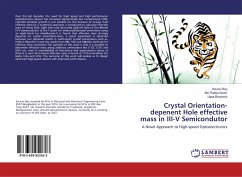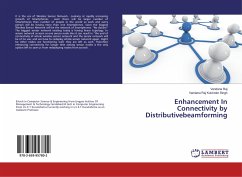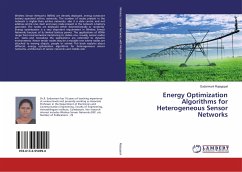A wireless sensor network uses the energy of various nodes employed in the network while transmitting data among nodes. For the network it is difficult to maintain the energy level of all nodes because while communicating the nodes consume energy from the battery source employed within the nodes. Nodes stay alive in the network if they have enough energy to live. The available energy of nodes consumes in three modes. These modes are sensing computing and communications all of which consume energy. Of the three modes, maximum energy is expended for the communications process. The sensing unit is entrusted with the responsibility to detect the physical characteristics of the environment and has an energy consumption that varies with the hardware nature and applications. During transmission or communication, it is very difficult to replace the node's battery. Instead of replacing the battery, we can reduce energy consumption by using a suitable protocol that can enhance the network lifetime. This work proposed the LEACH protocol with a master cluster head concept for energy saving of nodes.
Bitte wählen Sie Ihr Anliegen aus.
Rechnungen
Retourenschein anfordern
Bestellstatus
Storno

